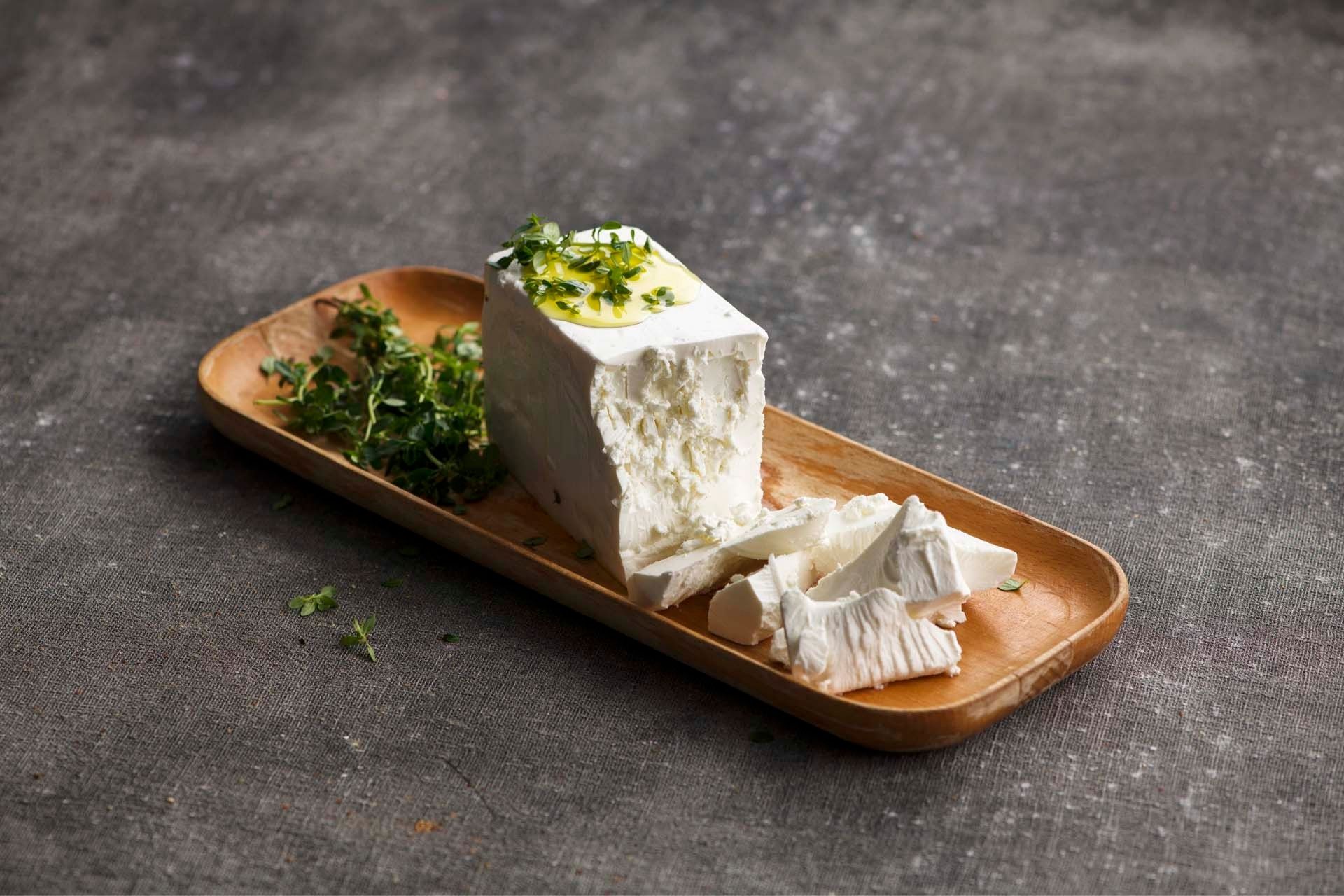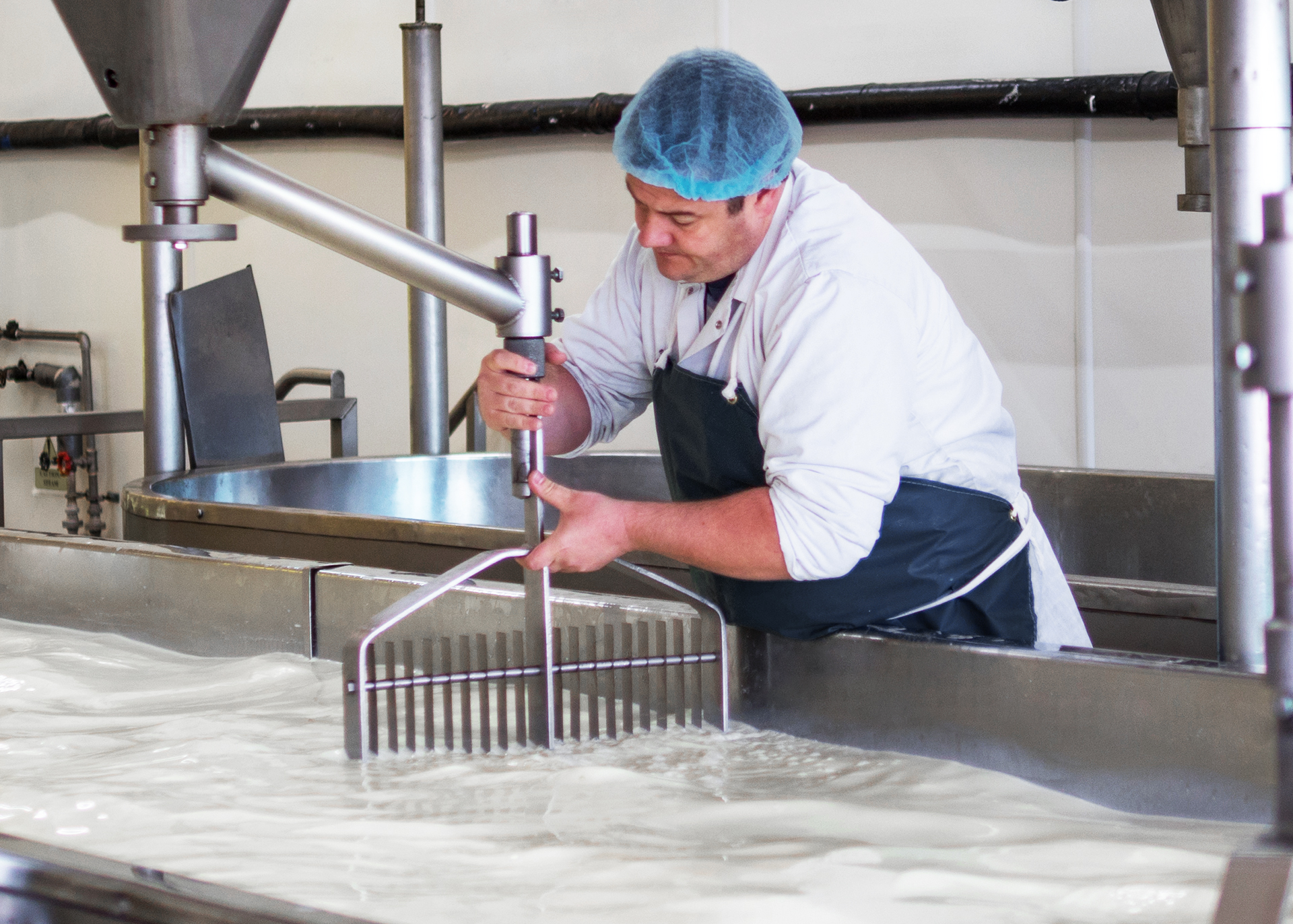Cheese Store Melbourne: Your Go-To Destination for All Things Cheese
Cheese Store Melbourne: Your Go-To Destination for All Things Cheese
Blog Article
An In-Depth Take A Look At Cheese Production: Active Ingredients, Techniques, and the Future of Artisan Cheeses
The intricate process of cheese manufacturing is an interesting merging of art and scientific research, where high-grade milk, rennet, and specific bacterial cultures act as fundamental elements. Conventional strategies, such as salting and aging, are complemented by modern-day technologies that react to evolving consumer choices. As the industry progressively prioritizes sustainability and transparency, the future of artisan cheeses assures to mirror both heritage and progress. Recognizing the subtleties of these practices elevates engaging concerns concerning the direction of cheese production and its implications for quality and credibility. What lies in advance in this advancing landscape?
Secret Ingredients in Cheese Manufacturing
A selection of necessary ingredients play a critical function in cheese manufacturing, each adding to the end product's flavor, appearance, and character. The main component in cheese is milk, which can originate from various sources, including cows, goats, and lamb - cheese store melbourne. The sort of milk made use of significantly affects celebrity's taste and uniformity; for example, cow's milk commonly generates creamier cheeses, while goat's milk frequently generates appetizing selections
An additional essential component is rennet, an enzyme used to curdle the milk, separating it right into curds and whey. The resource of rennet can be animal, veggie, or microbial, each giving unique qualities to the cheese.
Salt not only enhances the taste yet also acts as a preservative, hindering the development of unfavorable germs. In addition, different flavoring agents, such as herbs, seasonings, or also smoked wood, can be included to produce unique artisanal cheeses. With each other, these ingredients develop the foundation of cheese manufacturing, setting the phase for diverse and rich cheese varieties.
Conventional Cheese-Making Techniques
Using traditional cheese-making techniques, artisans worldwide maintain time-honored methods that have actually been passed down via generations. These methods usually stress using high-grade, in your area sourced milk, which is main to the one-of-a-kind tastes and appearances of artisanal cheeses. The process usually starts with the mindful heating of milk, followed by the addition of societies and rennet to facilitate coagulation.
Once the curds form, they are reduced, allowing whey to drain, an important action that affects moisture material and structure. The curds are after that gently stirred and prepared to achieve the wanted firmness. Afterward, they are drained pipes and pushed into mold and mildews. Salting is a vital aspect of this process, boosting flavor while likewise working as a preservative.
Aging, or affinage, is an additional critical part, throughout which cheeses establish their particular scents and preferences. Artisans might employ certain aging environments, utilizing moisture and temperature controls next to improve the cheese's profile. The commitment to these traditional techniques not only supports regional economies however likewise adds to the rich diversity of cheese selections found worldwide, celebrating social heritage and artisanal craftsmanship.
Modern Developments in Cheese Production
Just how have technological innovations transformed cheese production in current years? The combination of contemporary innovation has actually revolutionized both the effectiveness and quality of cheese manufacturing.
Furthermore, developments in microbiology have actually enabled cheesemakers to pick particular microbial cultures and enzymes, maximizing taste accounts and boosting shelf life. The usage of sensor innovation for keeping track of fermentation conditions has actually also come to be widespread, allowing for real-time modifications to preserve ideal atmospheres for cheese aging.

These improvements not only enhance the top quality and sustainability of cheese production but also encourage craftsmen manufacturers to maintain conventional flavors while welcoming modern-day performance. As innovation remains to advance, the future of cheese manufacturing looks promising, mixing practice with advancement.
The Role of Terroir in Cheese
In the realm of cheese manufacturing, terroir plays an essential role in specifying the distinctive attributes of various cheeses. Terroir, a French term typically connected with a glass of wine, incorporates the ecological elements that affect agricultural items, consisting of soil composition, climate, and local plants and animals. In cheese-making, the distinct features of the area where the milk is sourced can convey specific tastes and appearances to the end product.
For instance, the grazing conditions of dairy animals significantly affect the milk's composition, affected by the kinds of turfs and natural herbs readily available in a particular locale. This varies not just between countries however additionally in between regions within the same blog here country. Furthermore, the microbial communities existing in the atmosphere contribute to the fermentation processes, resulting in varied accounts in flavor and fragrance.
Cheeses such as Roquefort, Parmigiano-Reggiano, and Cheddar exemplify exactly how terroir can form their identifications, making them unique and often safeguarded by geographical indicators. As manufacturers increasingly recognize the significance of terroir, there is a growing focus on sourcing regional components and keeping typical techniques, guaranteeing that each cheese genuinely shows its origin.

Future Fads in Artisan Cheeses
A notable change is happening in the craftsmen cheese field, driven by progressing consumer choices and Full Article technological innovations. Progressively, customers are moving towards distinct, high-quality items that stress both sustainability and regional sourcing - cheese store melbourne. This trend is motivating artisan cheesemakers to introduce, concentrating on small-batch manufacturing and using typical strategies while incorporating modern innovation to boost top quality and safety
Moreover, there is an expanding passion in plant-based and alternate milk items, pressing standard cheesemakers to explore brand-new avenues, such as cashew or almond-based cheeses. This change not only accommodates dietary constraints but additionally aligns with environmental problems concerning pet agriculture.
In addition, transparency in sourcing and production procedures is ending up being extremely important. Consumers are much more enlightened and need traceability, prompting producers to embrace more clear labeling techniques and participate in storytelling that highlights their techniques and worths.
Verdict
Finally, the elaborate process of cheese production fuses conventional methods with modern-day advancements, resulting in a varied array of tastes and structures. The focus on premium ingredients and the influence of terroir emphasize the artistry included in cheese manufacturing. As the market advances, a concentrate on sustainability and openness will likely shape the future of artisan cheeses, dealing with a progressively critical customer base that values authenticity and craftsmanship in milk items.
Report this page